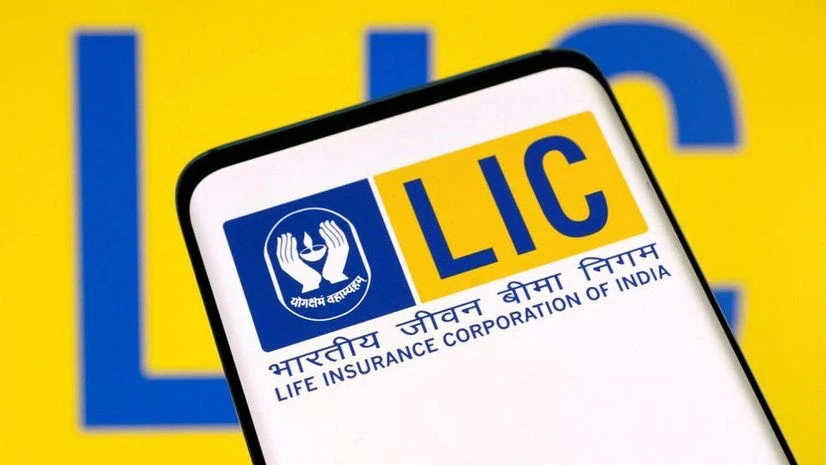A district consumer disputes commission in Kerala has ordered the Life Insurance Corporation (LIC) to pay Rs 50 lakh to the family of a policyholder who died from COVID-19. The court found that LIC failed to issue the insurance policy within the mandated 15 days after accepting a premium of over Rs 20 lakh, leaving the beneficiaries without crucial coverage for nine months. The commission highlighted that LIC did not inform the policyholder about the temporary suspension of policies for non-resident Indians, which could have allowed him to seek alternative insurance. In light of these lapses, LIC must pay the compensation with interest to the deceased’s family within 30 days.
Title: Kerala Consumer Commission Orders LIC to Compensate COVID-19 Victim’s Family
In a recent ruling, the Kottayam District Consumer Disputes Redressal Commission in Kerala has ordered the Life Insurance Corporation (LIC), India’s largest insurer, to pay a staggering Rs 50 lakh in compensation to the family of a policyholder who tragically passed away from COVID-19. The commission highlighted a significant lapse on LIC’s part, stating that they had failed to adhere to their own guidelines which stipulate that policies should be issued within 15 days of receiving a premium payment.
This case revolves around the plight of Jemon, a London-based expatriate, who purchased a Jeevan Umang life insurance policy in January 2020, paying a premium of Rs 20.72 lakh. Unfortunately, due to LIC’s temporary suspension of policies for non-resident Indians amid the pandemic, Jemon’s application was left pending. He remained unaware of this situation and, after complying with the policy requirements, he sadly passed away in London, leaving behind a wife and daughter.
LIC initially denied the family’s claim, citing the absence of a legally binding contract because the policy had not been issued. They ultimately refunded the premium nearly nine months later, in January 2021. However, the commission found LIC at fault for not informing Jemon about the non-issuance of the policy and for not processing his application within the required time frame.
The commission’s ruling emphasizes the importance of clear communication from insurance companies, especially during crises like the COVID-19 pandemic. By failing to notify Jemon, LIC not only violated its own guidelines but also denied him the opportunity to seek alternative insurance coverage, leading to a serious service lapse.
As a result, LIC has been ordered to disburse Rs 50 lakh, along with 9 percent interest to Jemon’s family within 30 days. Should they fail to comply, the amount will increase to 12 percent interest, plus a penalty of Rs 10,000 for court expenses.
This case serves as a critical reminder for insurance companies to prioritize transparency and timely communication with their clients, especially during challenging times.
Tags: LIC, Life Insurance Corporation, COVID-19, Consumer Commission, Kerala, insurance, compensation, policyholder rights, consumer rights
What happened with LIC and the Covid policy?
LIC was ordered to pay 50 lakh rupees to the family of a person who had a Covid policy. This decision came after the policyholder passed away from Covid.
Why did the court order LIC to pay this amount?
The court decided LIC should pay because the policyholder had been paying their premiums and the claim was valid under the terms of the policy.
How does this affect other Covid policyholders?
This ruling sets a precedent, which means it can help other families of Covid policyholders who have valid claims. It shows that claims should be honored if the policy was in good standing.
Can families claim money if the policyholder died from something other than Covid?
Yes, families can still claim money if the policyholder’s death was due to other reasons, as long as the policy terms are met and premiums were paid.
What should families do if they want to claim money from LIC?
Families should gather necessary documents like the policy details, death certificate, and any other required paperwork, and then contact LIC to start the claims process.
)






